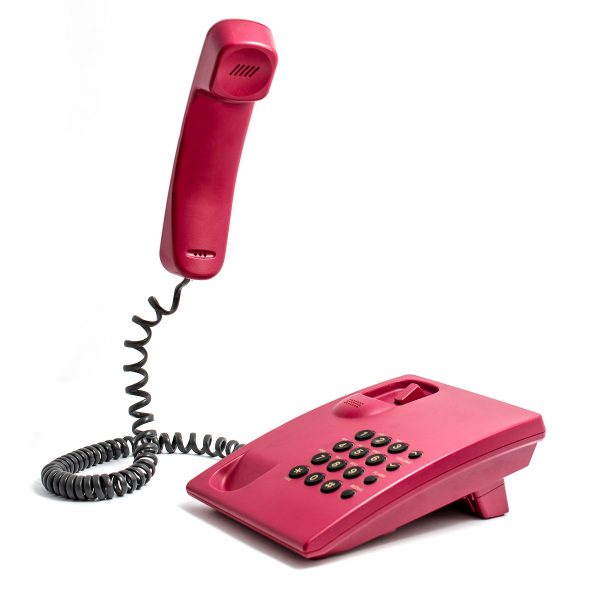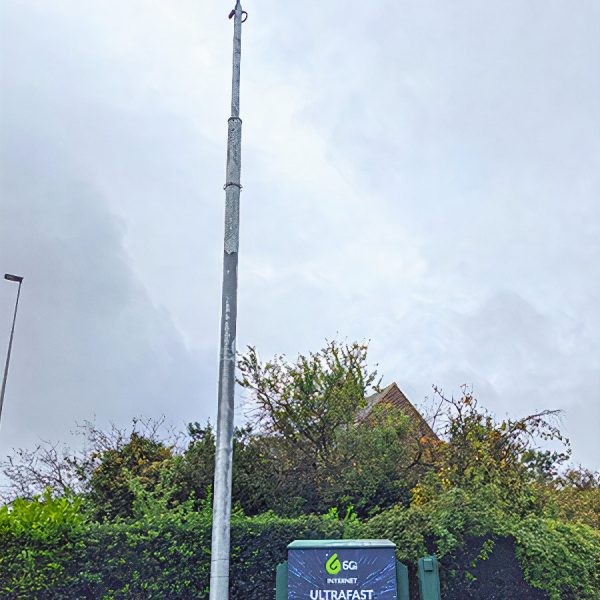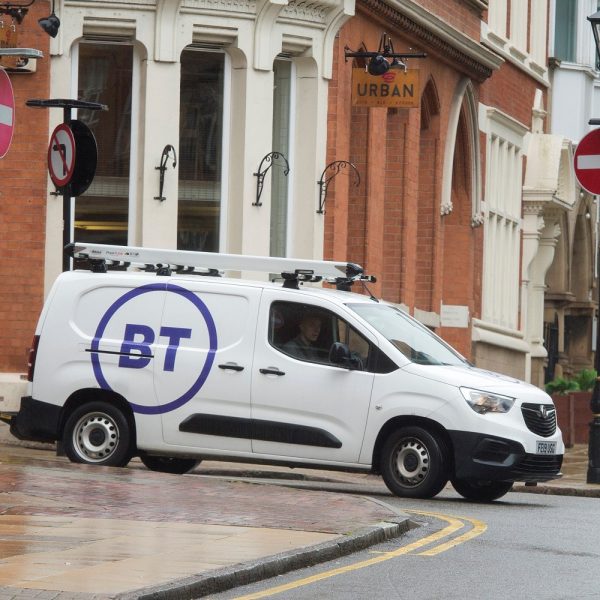Sponsored Links
Fibre Optic Broadband Offers Cheapest Global Per Megabit Price
Posted: 11th Nov, 2009 By: MarkJ
The latest Point Topic study of tariff data from over 2000 standalone fixed land-line broadband packages ( DSL , Cable Modem and Fibre Optic FTTH technology ) and almost 1000 bundles has found that new generation fibre optic broadband services give you more megabits per second for your money. However DSL ( ADSL , ADSL2+ , SDSL etc. ) remains the cheapest all round form of land-line broadband.

Presently global DSL prices for entry-level (budget) packages have fallen by 2% over the past year, with speeds increasing by 5%. Part of this increase is attributed to the growing adoption of faster 'up to' 24Mbps ADSL2+ technology, which is sometimes even offered via slower 'up to' 8Mbps packages where it results in a small increase over older ADSL technology.
The price of fibre optic broadband services has increased over the same period by 7%, while entry-level package speeds have risen by an almost identical level of 6.8%. By comparison Cable Modem providers, which appear to be losing some ground to Fibre Optic ISPs, have responded by cutting the cost per megabit of entry-level products by more than 32% (25% for DSL).
The study suggests that Cable Modem providers, such as Virgin Media in the UK, could see a significant decline in subscribers where fibre optic broadband services have managed to gain a strong presence in the same market. That is despite many cable providers offering a good value and relatively high speed option.
This does not mean to say that the same situation will occur with Virgin Media, every market is different and it's still far too early to tell. We suspect that the large scale use of slower FTTC (40Mbps to 60Mbps) technology by BT will continue to give Virgin an edge. Never the less, longer term plans for development and diversification are recommended for both Cable Modem and DSL ISPs.

Point Topic's Fiona Vanier said:
“Within the world broadband consumer market the three dominant access technologies are becoming more clearly defined. Fibre is a more expensive option in total cost but provides the most for your money. DSL is the cheapest per month, but the most per megabit. Cable providers are caught in between, they can’t offer the highest speeds, in areas where consumers can get fibre, they can’t offer the lowest prices where consumers can get DSL so they are forging a middle path.”
“Within the world broadband consumer market the three dominant access technologies are becoming more clearly defined. Fibre is a more expensive option in total cost but provides the most for your money. DSL is the cheapest per month, but the most per megabit. Cable providers are caught in between, they can’t offer the highest speeds, in areas where consumers can get fibre, they can’t offer the lowest prices where consumers can get DSL so they are forging a middle path.”
Presently global DSL prices for entry-level (budget) packages have fallen by 2% over the past year, with speeds increasing by 5%. Part of this increase is attributed to the growing adoption of faster 'up to' 24Mbps ADSL2+ technology, which is sometimes even offered via slower 'up to' 8Mbps packages where it results in a small increase over older ADSL technology.
The price of fibre optic broadband services has increased over the same period by 7%, while entry-level package speeds have risen by an almost identical level of 6.8%. By comparison Cable Modem providers, which appear to be losing some ground to Fibre Optic ISPs, have responded by cutting the cost per megabit of entry-level products by more than 32% (25% for DSL).
The study suggests that Cable Modem providers, such as Virgin Media in the UK, could see a significant decline in subscribers where fibre optic broadband services have managed to gain a strong presence in the same market. That is despite many cable providers offering a good value and relatively high speed option.
This does not mean to say that the same situation will occur with Virgin Media, every market is different and it's still far too early to tell. We suspect that the large scale use of slower FTTC (40Mbps to 60Mbps) technology by BT will continue to give Virgin an edge. Never the less, longer term plans for development and diversification are recommended for both Cable Modem and DSL ISPs.
Search ISP News
Search ISP Listings
Search ISP Reviews
Latest UK ISP News








Cheap BIG ISPs for 100Mbps+
150,000+ Customers | View More ISPs
Cheapest ISPs for 100Mbps+
Modest Availability | View More ISPs
Latest UK ISP News
Helpful ISP Guides and Tips
Sponsored Links
The Top 15 Category Tags
- FTTP (5581)
- BT (3532)
- Politics (2554)
- Openreach (2312)
- Business (2284)
- Building Digital UK (2253)
- FTTC (2050)
- Mobile Broadband (1991)
- Statistics (1800)
- 4G (1681)
- Virgin Media (1640)
- Ofcom Regulation (1473)
- Fibre Optic (1406)
- Wireless Internet (1400)
- FTTH (1382)
Sponsored
Copyright © 1999 to Present - ISPreview.co.uk - All Rights Reserved - Terms , Privacy and Cookie Policy , Links , Website Rules






























